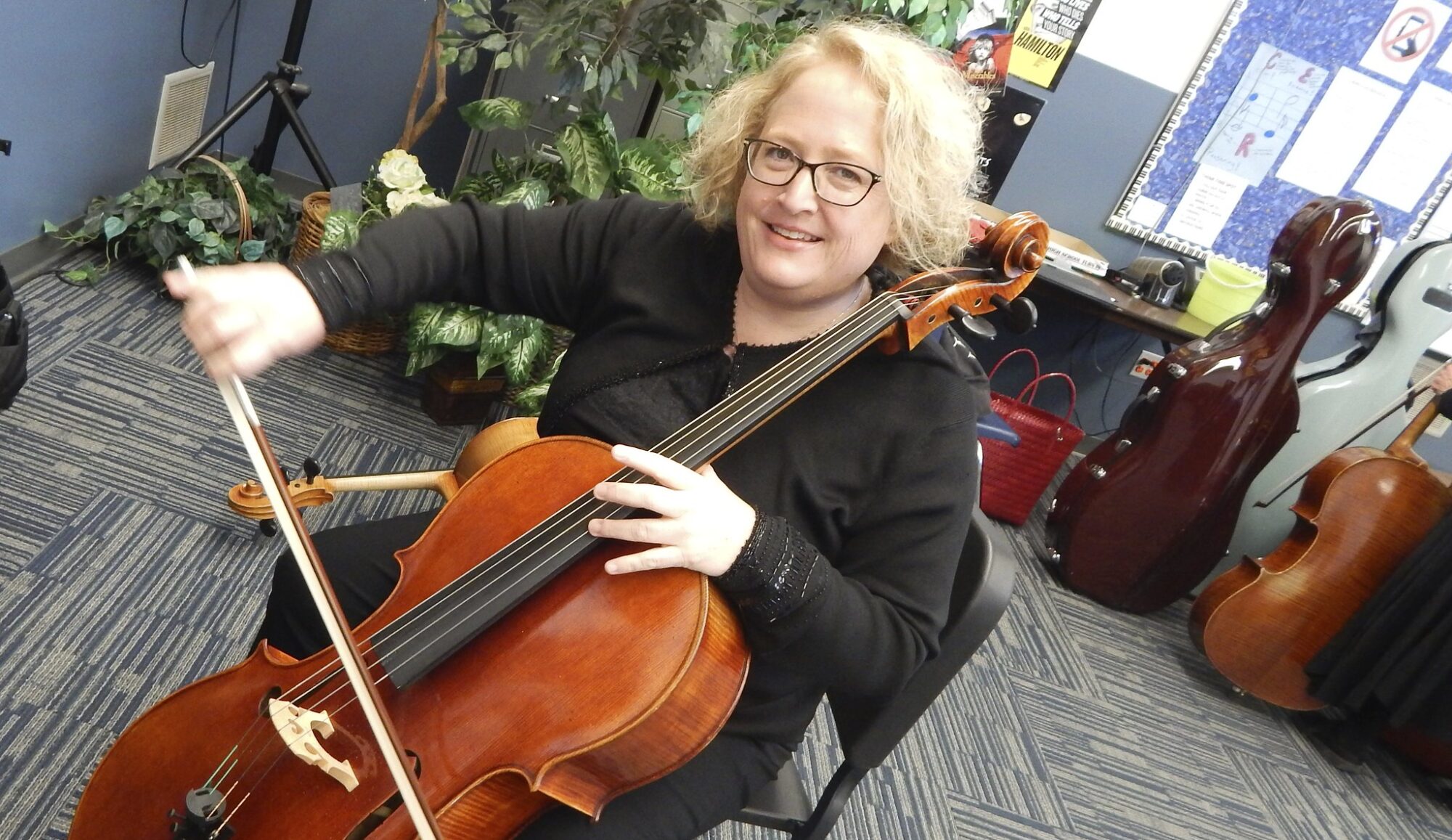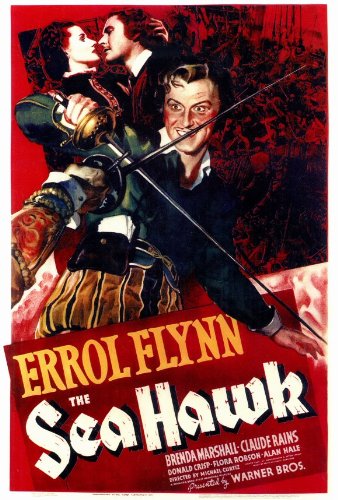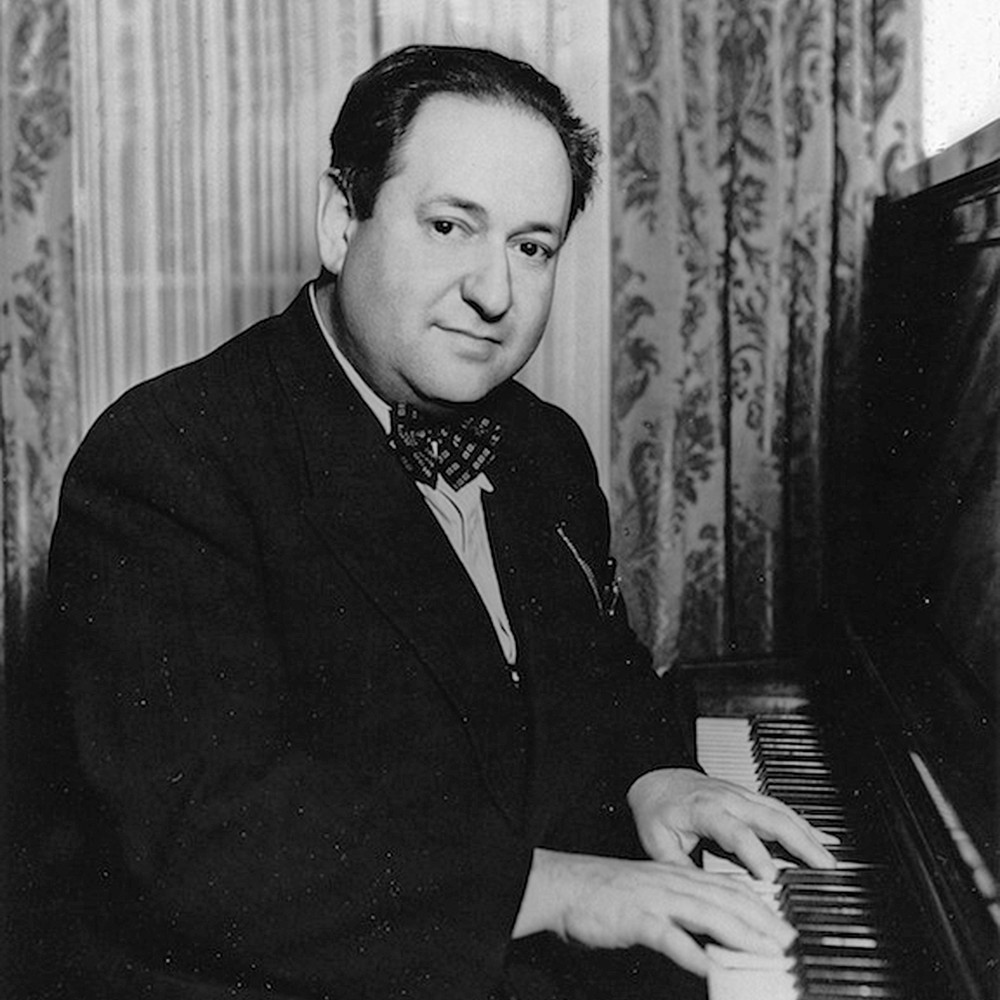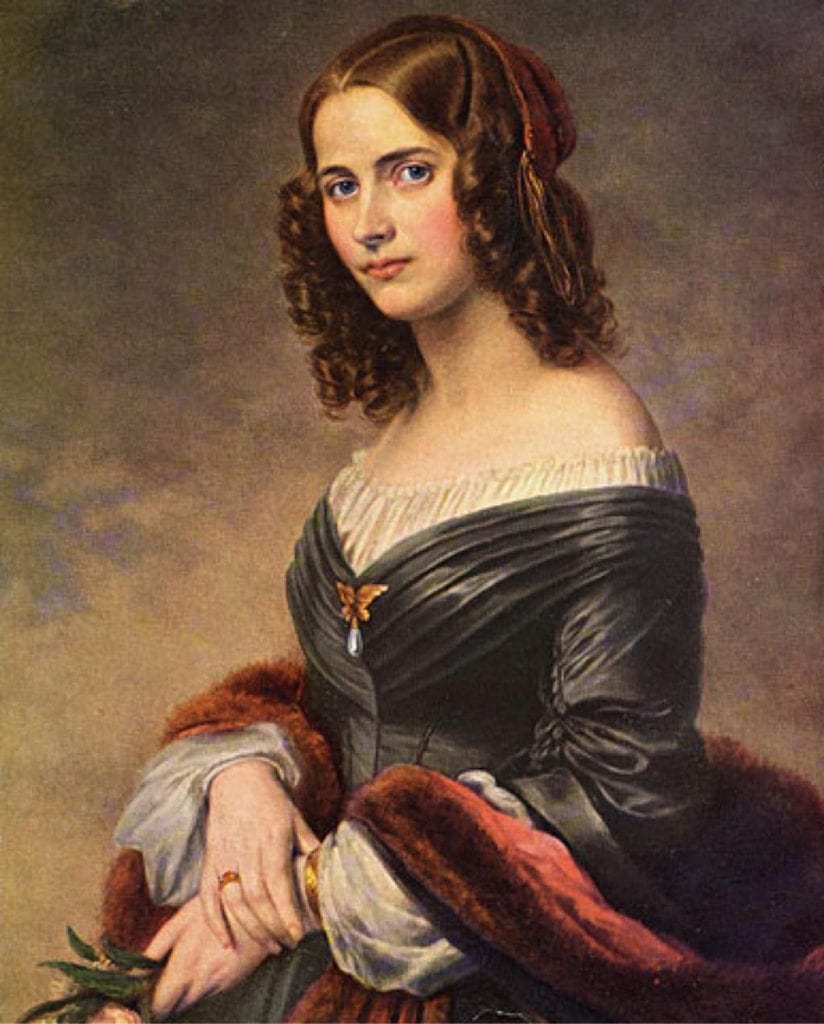
William Grant Still is the most influential African-American composer of the early 20th century. He was born in Woodville, Mississippi, in 1895 and started his musical career as an oboist in the pit orchestra of an All-Black musical, “Shute Along”, in 1921. He began composing when he was awarded a scholarship to attend the Oberlin Conservatory of Music, this during the era of Jim Crow segregation when Oberlin was one of just a few major schools to admit black students.
His 1931 “Afro-American Symphony” was one of the first works by a black composer to be performed by a major symphony orchestra. Its first performance met with controversy in the press because some critics felt the piece belonged with jazz groups like the Paul Whiteman Orchestra, the group that premiered Gershwin’s “Rhapsody in Blue.” There certainly is that distinct classical jazz sound and feel of Gershwin’s music in this symphony. In Still’s own words he “wanted not to portray the higher type of colored Americans, but the sons of the soil, who still retain so many of the traits peculiar to their African forebears and who have not responded completely to the transforming effect of progress.”
Continue reading “AFRO-AMERICAN SYMPHONY by William Grant Still, 1895-1978”


